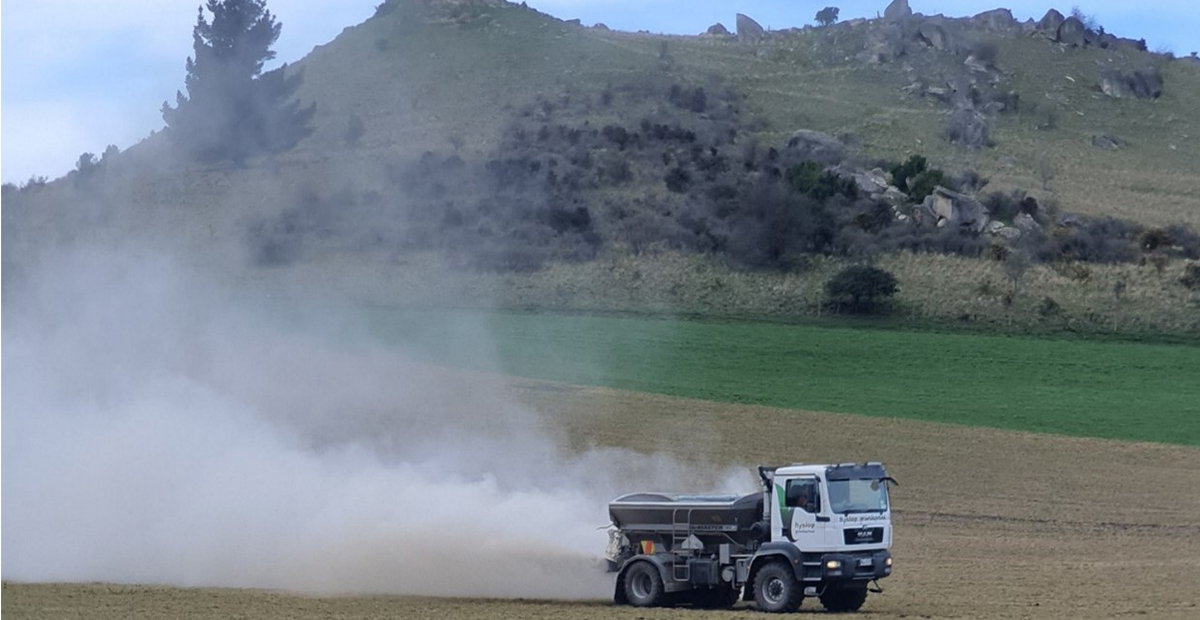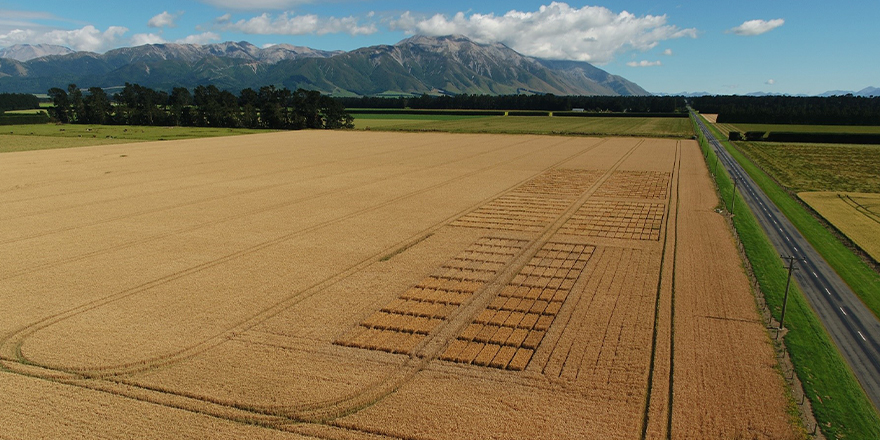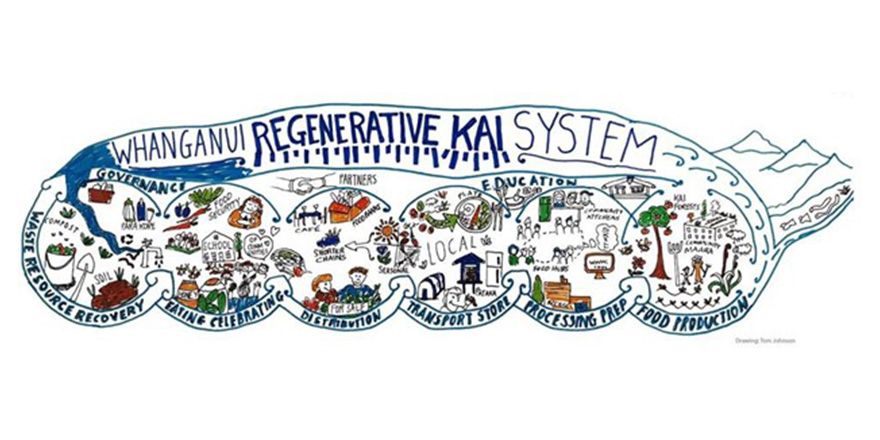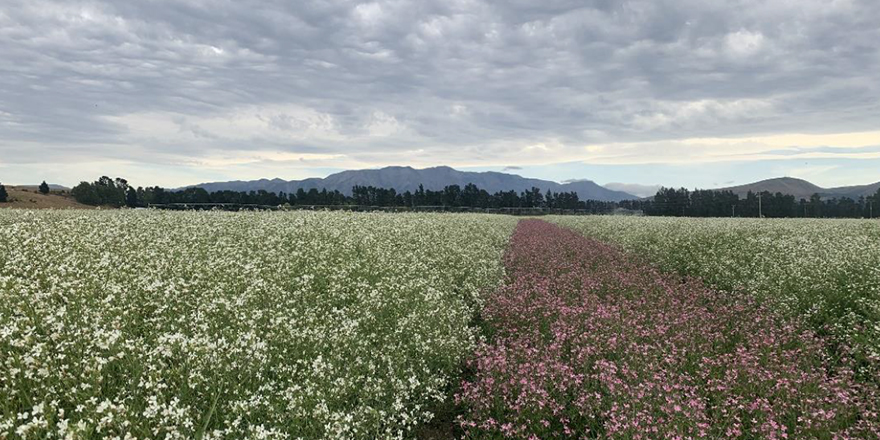
Executive summary
This report sought to understand how the groundspread industry can support the New Zealand food and fibre sector during a period of increased regulation and reform.
In trying to understand how the groundspread industry could help, it was necessary first to establish the following:
- How imposed regulatory change impacts the food and fibre sector.
- What the groundspread industry is currently doing well (and should keep doing).
- What areas the groundspread industry could improve to support the sector.
- Why the New Zealand food and fibre sector requires trusted partners to support them in meeting
their challenges.
Ki te kāpuia e kore e whati.
We succeed together.
Key Findings
This report identified key challenges for the food and fibre sector that the groundspread industry needs to be aware of:
- Increased production (economic activity) has negatively impacted on the natural environment (Cassells & Meister, 2001).
- Environmental policy attempts to reduce these negative impacts (Cassells & Meister, 2001) (Pannell & Rogers, 2022).
- The emotional response to policy change and the five stages of grief experienced during periods of imposed change (Friedrich & Wustenhagen, 2017).
- Trust is critical for supporting the food and fibre sector through change (Savage, et al., 2018).
- Rural New Zealand require trusted partners to support them.
- The groundspread industry shares concerns with the food and fibre sector (rapidly increasing costs and sustainability issues/compliance) and should seek solutions to help them mitigate these concerns.
- The groundspread industry supports their rural clients well but must ensure that this support is more consistent on every farm where Groundspread NZ members undertake nutrient placement.
- The groundspread industry should share its part of the paddock-to-plate journey by increasing marketing and education about the efficient and accurate work they undertake in applying nutrients.
Furthermore, change generates an emotional response, and each individual or organisation will progress through the stages of grief towards acceptance of imposed change at varied pace (Friedrich & Wustenhagen, 2017). While navigating this change process, members of the food and fibre sector require varying support dependent on their stage in the grief cycle as it applies to sustainability policy changes:
- Information and communication are important for people during the denial and anger stages of grief.
- Emotional support is required for people who are transitioning into the bargaining phase of the grief cycle.
- Guidance and direction are critical for supporting people as they move through the depressive and acceptance stages of grief as it applies to sustainability policy changes.
Recommendations
The recommendations included in this report aim to increase awareness of the professionalism of the groundspread industry. Groundspread NZ members can support the primary sector through increased engagement and by better sharing their skilled and essential role in New Zealand’s food and fibre production in the following ways:
Implement Educational initiatives
- Ensure all groundspread operators, and their clients, are aware of the latest in-truck technologies, such as tracking/mapping technologies.
- Ensure that all groundspread operators, and the rural sector, understand the benefits of the Spreadmark scheme.
Develop a Marketing strategy
- Develop a marketing strategy to share the precision work undertaken by the groundspread industry.
- Promotion of an efficient groundspread industry to policymakers, farmers, and urban New Zealanders.
Build meaningful Partnerships
- Create meaningful relationships with companies developing technology for the industry to ensure they will fulfil the needs of the food and fibre sector.
- Establish meaningful relationships with policymakers to increase awareness of the precision work undertaken by the groundspread industry on behalf of their rural clients.
- Continue meaningful relationships with fertiliser manufacturers/suppliers to ensure that developed products can be applied as intended.
The research methodology included an extensive literature review focused on the converging importance of economic growth and environmental harm reduction. Data was collected through two focus groups of Groundspread NZ Association members: nine for the first focus group and 27 in the second focus group. An online survey of the New Zealand rural community was also conducted; 22 responses were collected.
The data was then analysed using the transcript-based method prescribed by Krueger & Casey (2002). Subsequently, data was grouped for thematic analysis using Braun & Clarke’s (2006) method and has highlighted many things that are being done well by the groundspread industry, but also that few people know about them. Increased engagement is at the heart of better supporting New Zealand’s food and fibre sector.




